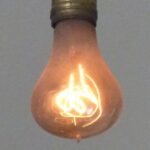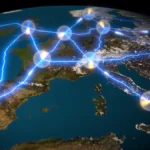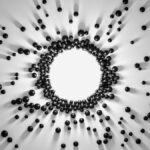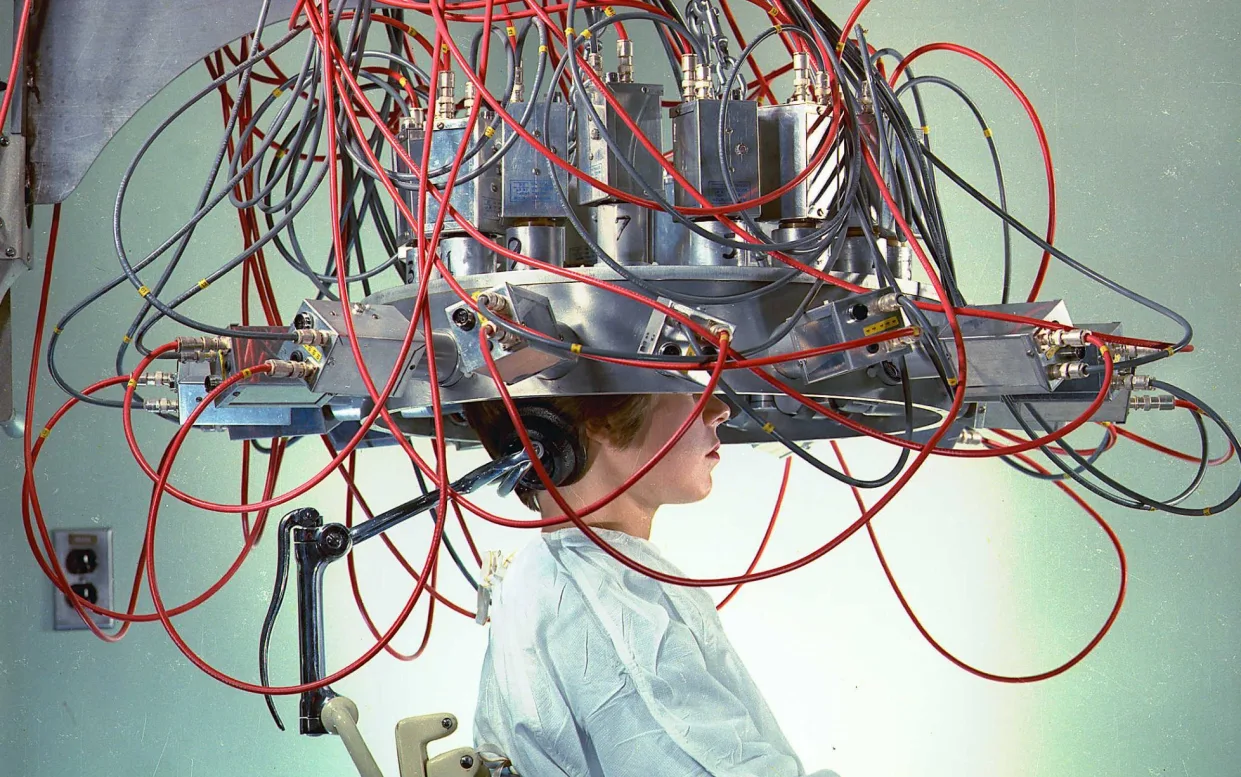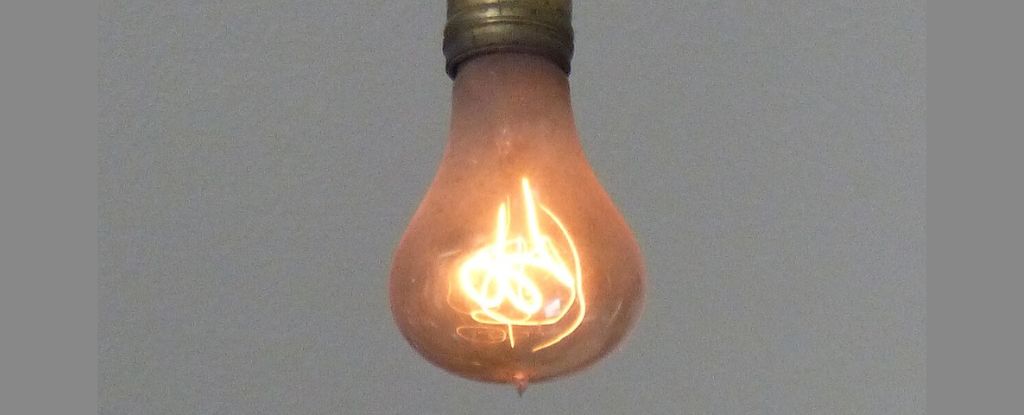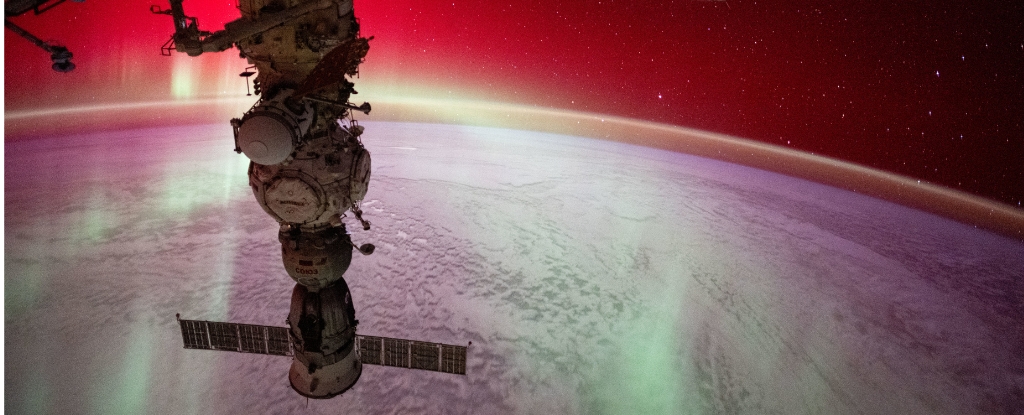Throughout history, attempts by mere mortals to plumb the inner recesses of the soul have been seen as hubristic. Shakespeare had Hamlet express this powerfully when he rages against those who “would pluck out the heart of my mystery”. He accuses Rosencrantz and Guildenstern of trying to play him like some kind of instrument, rather than treating him as a human being. “How unworthy a thing you make of me,” he chides.
Today, there are no such taboos. Hamlet refers to himself metaphorically as “this little organ” but now we dissect the self by studying a very literal organ: the brain. Neuroscientists are trashing the long-held view that what lies deep inside can only be seen from within.
A new exhibition at the Francis Crick Institute, chirpily titled Hello Brain!, celebrates this desecration of the psyche’s inner sanctum, revealing the many ways in which the institute’s researchers have lifted the lid on the mind.
The Crick’s researchers have found that the brains of mice change in pregnancy, suggesting that the maternal instinct is not solely a spiritual calling but a neurochemical imperative. Another lab’s work on mice supports the emerging scientific consensus that we hallucinate more than we think. Other Crick scientists have studied how birds learn new songs in their sleep, suggesting that the unconscious mind is more important for learning and memory consolidation than we tend to believe.
This is surely fascinating, but do not be lulled by the breezy tone in which the exhibition delivers such discoveries. As the mafioso Henry Hill says in Goodfellas, “your murderers come with smiles.” These wonderful revelations threaten to destroy cherished beliefs about who and what we are. Call it the existential brain drain: the more we understand the brain, the more our comforting views about ourselves go down the drain.
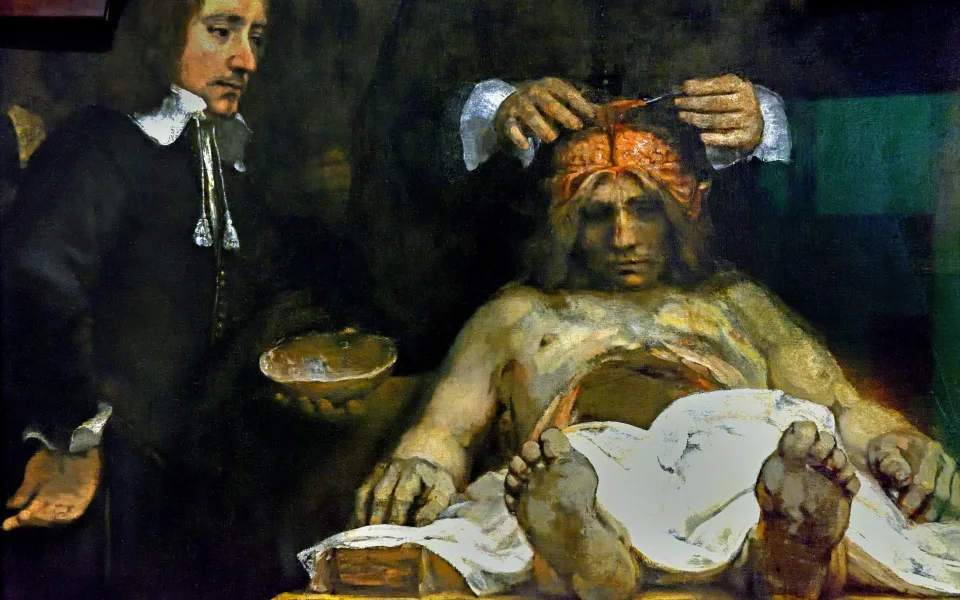
Our age-old (and some might say naïve) conception of human nature has long held on to three dogmas. The first is that we are the originators of our own choices and actions. We are not puppets but responsible, free agents, able to chart our own way in the world. The second is that human beings are special, different from the other animals. Third, we assume that, most of the time at least, our perceptions accurately represent the world as it is.
The scientific study of consciousness has thrown doubt on all three of these beliefs. Take our free will. It should surprise no one to discover that the brains of mothers change during pregnancy. Attributing our moods and behaviours to hormones has become the new common sense. But the idea that our thoughts and actions are the direct result of brain activity can also be disturbing. If “my brain made me do it”, in what sense am I in control of myself?
A lot of the Crick’s research seems to suggests that the brain is a kind of machine and that we just do its bidding. One lab is creating models of brain circuits, cell by cell, as though it were a giant arrangement of microscopic Lego pieces. Another team has constructed a complete map of a fruit fly’s brain, proof of concept that one day we could do the same for our own complex circuitry. The Crick’s research into Alzheimer’s disease is a sobering reminder that our cognitive capacities are entirely dependent on healthy, functioning brains and that when these break down, so do we.
The fact that much of the research mentioned above has been based on studies of birds, mice and flies also suggests – beyond the need to insulate humans from experimental health risks – that we don’t take the idea that humans are fundamentally different from other animals seriously any more. We study animal brains because they tell us things about human brains. But if the gap between humans and other animals is being closed, does that mean that we ought to give less value to human life, or respect that of other creatures much more? Either way, the species hierarchy upon which we have built our moral universe has been troubled.
Perhaps most disturbing is the idea that we don’t even perceive the world as it is. For centuries we have known that the exact way the world seems to us is determined by our senses, not the things in themselves. The green of grass, for example, is generated by our visual system. But more recent research goes even further. Our brains do not just colour (sometimes literally) our perceptions, they actually construct them. Brains are not passive receptors of perception but are rather “prediction machines” seeing what they expect to see, hearing what they expect to hear.
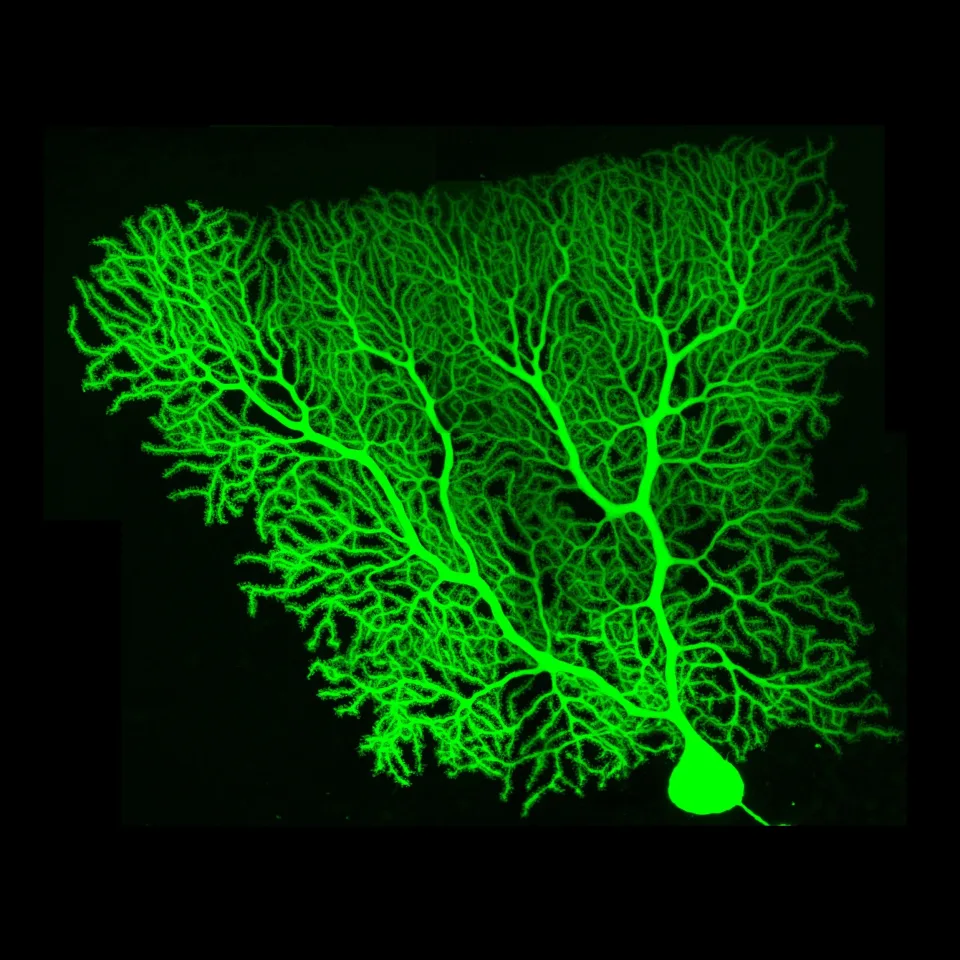
Tree of knowledge: a Purkinje cell, found in the cortex of the cerebellum – Institut de Biologie de l’École Normale Supérieure
Think of it like this. We tend to think that our minds are like video cameras, recording the world. In fact, they are more like projectors, creating our reality. Of course there are data coming in. But those data are used to help train the projector to get better and to flag up when the projection fails to include something critical. That’s why we so often fail to notice things that do not have a direct bearing on our survival, such as features of buildings we pass each day.
Such research makes better sense of psychosis, and leads to the compelling conclusion that people who hear voices are not so different from everyone else. We all have voices inside our heads. One emerging theory is that the only difference is that some people feel that these voices come from someone outside of themselves. This error is all too understandable. If we mostly perceive the projections of the brain, all that needs to happen is for the brain to project the wrong thing and we perceive things that just aren’t there.
Collectively, findings such as these cut the notion of consciousness itself down to size. Consciousness is often thought of as the highest state of being, that which elevates us over mere beasts. For thinkers such as the 17th-century French philosopher René Descartes, our consciousness implied that we were immortal, indivisible, immaterial souls. We are not our bodies but our minds, with a singular and unified perspective on the world.
The image of the mind – and with it of the self – that science gives us today is much messier. We are not immaterial souls but physical animals whose brains do most of the work of thinking. What’s more, these brains are not simple, unified centres of experience. They run all sorts of processes in parallel. Often it’s not just that the left side doesn’t know what the right side is doing: all sorts of things are going on without any of them coming to conscious awareness.
Put all this together and we may well worry that what follows from the Crick’s cheery invitation to say Hello Brain! is that we are also going to be obliged to say “goodbye self”. The science of the brain has shattered our illusions and we just have to accept that we are nothing more than biological machines, maybe more sophisticated ones than mice, rats and birds, but just another animal all the same.
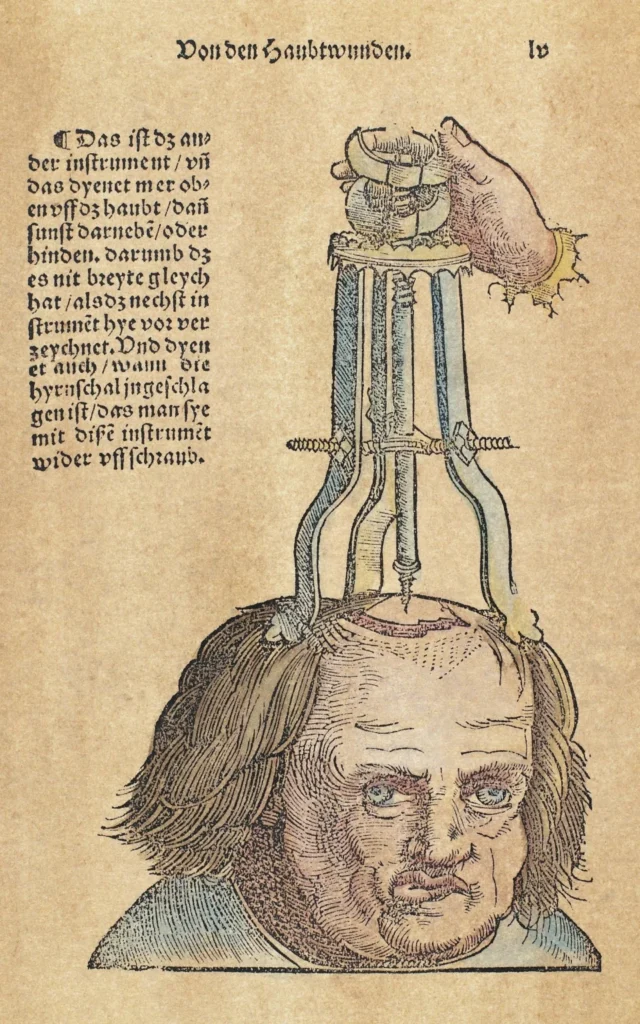
Yet, while humanity could benefit from a dose of humility, it would be a mistake to conclude that science has stripped us of all that we value. There is a tendency to interpret scientific discoveries about the nuts and bolts of human nature as meaning that we are “no more than” or “just” the basic physical processes that science uncovers. But it is a philosophical mistake to believe that the only things that are real are those you find at the most fundamental physical level. Break down a piece of music, for example, and you’ll find no more than a sequence of sounds. But collectively, the sounds that comprise Beethoven’s late quartets have a totally different quality from those that make up the sound of the M25 on a weekday rush hour.
In the same way, when we dig into the brain, all we find are neurones firing, blood pumping, hormones circulating. But what they give rise to remains truly remarkable. The fact that you can read and understand ideas like this shows how misguided it is to say that you are “just” a kind of biological computer.
That is why we should not be concerned that there is no fundamental divide between us and the rest of the animal kingdom. For sure, our similarities mean we should not be indifferent to their welfare and should end cruel farming practices. But the fact that all animals owe their existence to the same fundamental biological processes does not mean that they are all basically the same. Above all, only we human beings have been able to guide our lives on the basis of anything other than inherited instincts. We can choose not to reproduce, not to eat what our ancestors have eaten, to adopt ways of living that other members of our species have not even thought of.
This is possible because while many other creatures are conscious, our consciousness of our own consciousness is unparalleled. We can reflect on what we perceive, question our motives, and even examine our own brains.
The worry that we do not perceive the world as it is in itself is also misplaced. Although it is true that much of what we perceive is a kind of projection, unless it were a broadly accurate one, we would not survive for long. A creature that projected a flat field where there was really a cliff edge would not live to pass on its genes. Even the colours, textures, smells and sounds that we give to the world must have some correspondence to how it really is. For example, whether a piece of butter tastes delicious or rancid tells us something about its state of freshness.
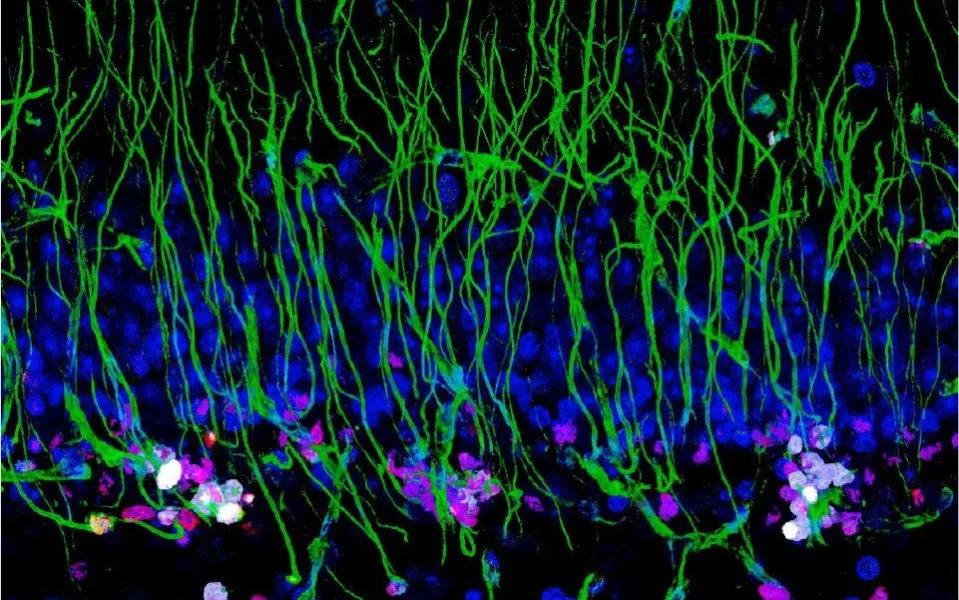
Whether or not we have free will remains perhaps the most difficult and troubling question raised by science’s study of the mind. If by “free will” we mean a quasi-magical power to generate choices independently of our brain and bodily processes, we most certainly don’t have it. If we simply mean the capacity to make choices for ourselves, we evidently do. It’s just that the “I” that makes the choice is a complex biological system without a central controller.
This can be a difficult concept to get our heads around, since we are so seduced by the idea of a simple, singular inner self, separate from the body. For example, the very expression “my brain made me do it” assumes a difference between “me” and “my brain”. But your brain is not only a part of you, it’s the most important part. We should be pleased, not worried, that our brains play the main role in determining what we do, because if they did not, what else would?
There is much about human consciousness that remains mysterious and undiscovered. But it is high time we lost Hamlet’s fear that uncovering its secrets threatens our humanity. You will leave the Crick’s exhibition as remarkable a creature as the one that walked in, only with the advantage of understanding a little better why you are so amazing. And it is exactly that capacity to see ourselves as though from the outside that makes us human beings so unique.
Source: telegraph.

